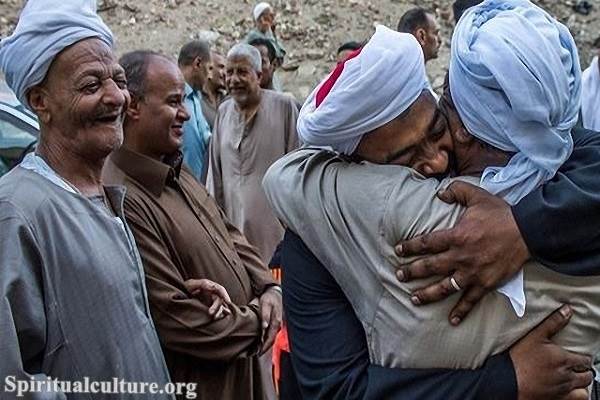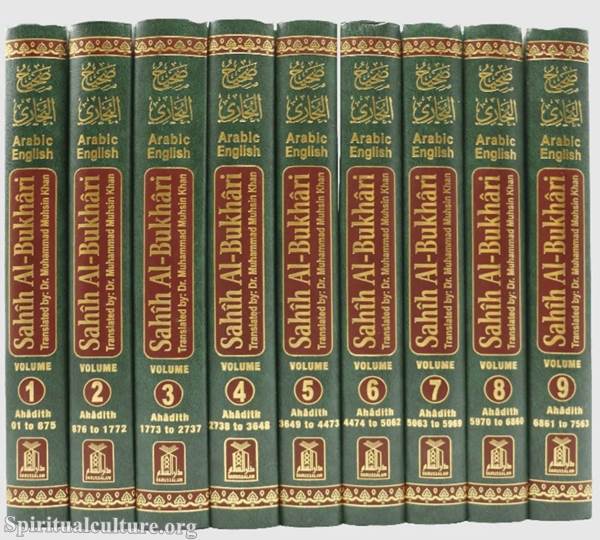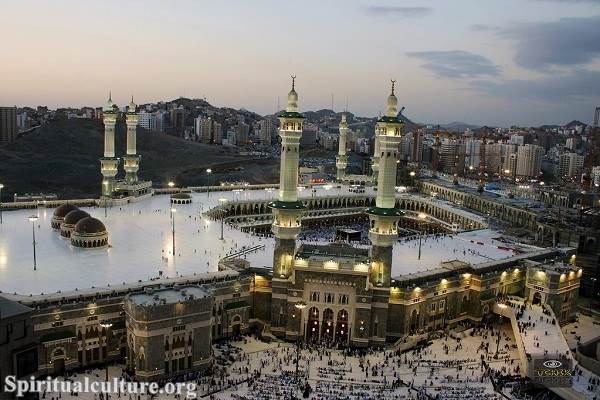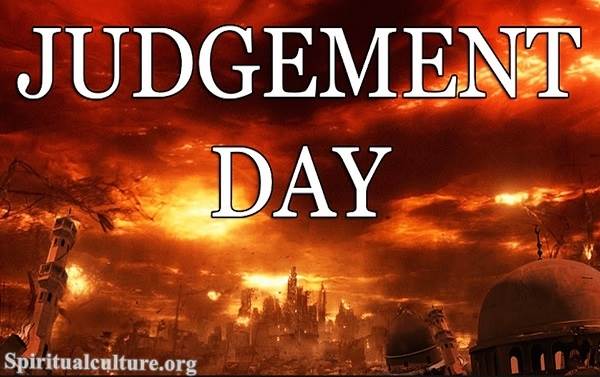Eid al-Fitr, also known as the “Festival of Breaking the Fast,” is a significant religious holiday observed by Muslims worldwide to mark the end of the holy month of Ramadan and is an opportunity to give thanks to Allah for the strength and self-discipline that was developed during Ramadan.
The date of Eid al-Fitr varies from year to year, depending on the sighting of the moon, but it typically falls on a different date in the Gregorian calendar each year.
Ramadan is a time of fasting, reflection, and spiritual renewal for Muslims, and the end of this month is celebrated with great joy and festivity. On the morning of Eid al-Fitr, Muslims gather for a special prayer known as Salat al-Eid or Eid prayers, which is performed in congregation at a mosque or outdoor prayer ground. The Eid prayer is followed by a short sermon and the exchange of greetings and hugs with family, friends, and community members.
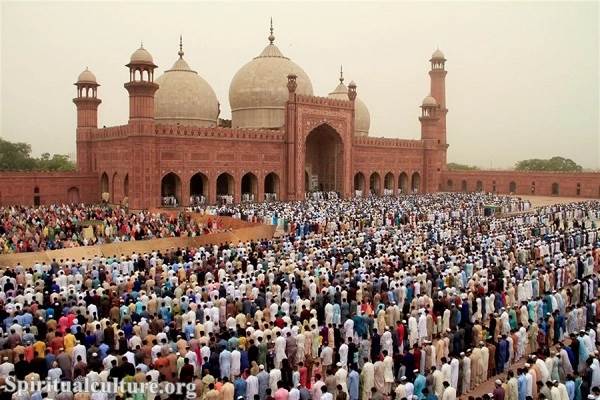
One of the most important aspects of Eid al-Fitr is the giving of charity, known as Zakat al-Fitr, which is a form of almsgiving that is considered a religious obligation. This charity is intended to help those in need, such as the poor, the elderly, and orphans, and is typically given in the form of food items such as rice, flour, or dates.
Eid al-Fitr is also a time for feasting and celebration, and families often gather for large meals together and exchange gifts with one another. In many countries, public celebrations and festivals are held, featuring traditional music, dance, and food. Children receive gifts, sweets, and money from family members, and it is common for people to wear new clothes and participate in other festive activities.
Overall, Eid al-Fitr is a time of happiness and celebration, a time to give thanks for the blessings of the previous month and to strengthen bonds with family and community. It is a time to reflect on the values of compassion, generosity, and self-discipline that were developed during Ramadan, and to renew the commitment to these values in the coming year.
